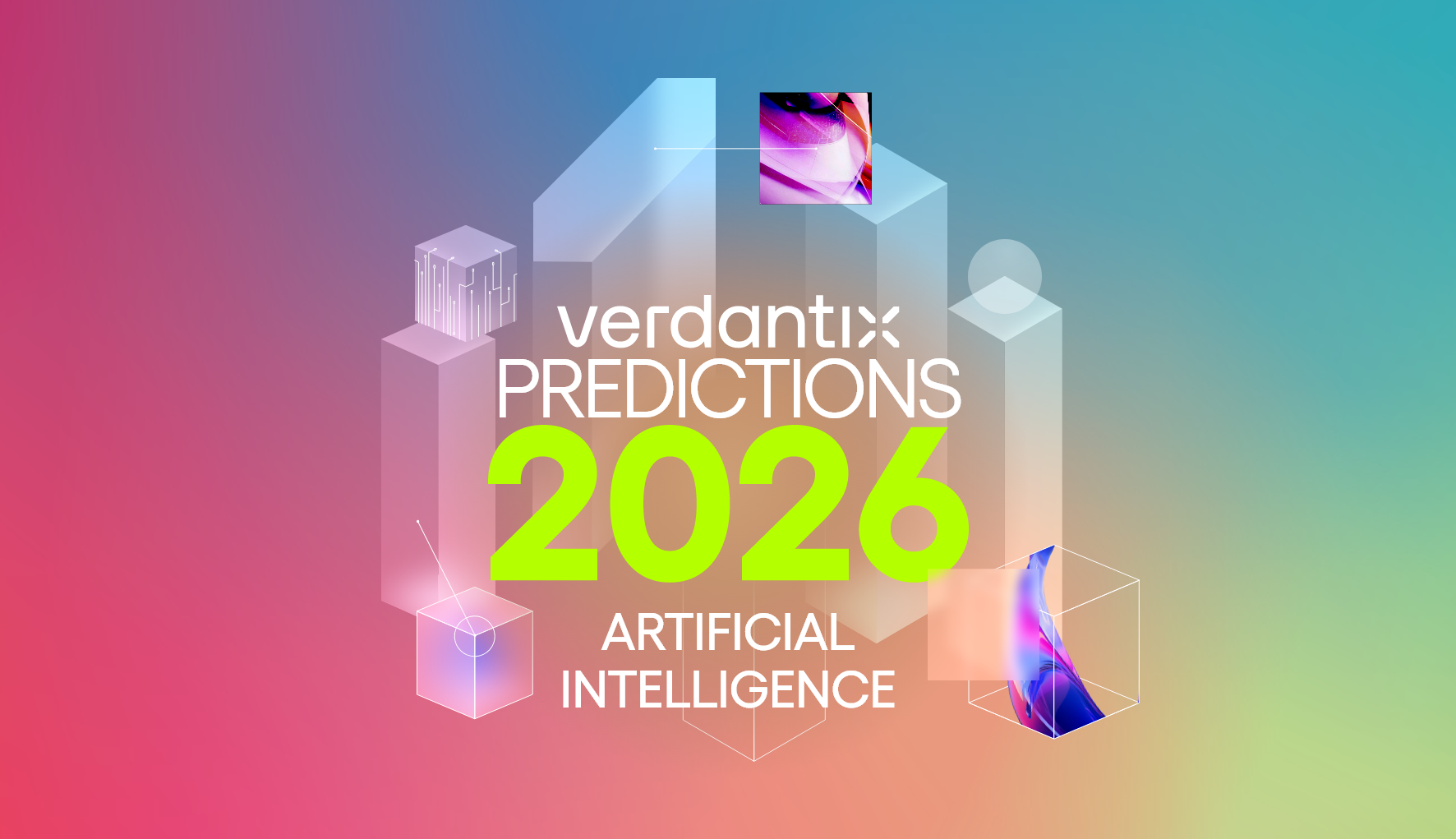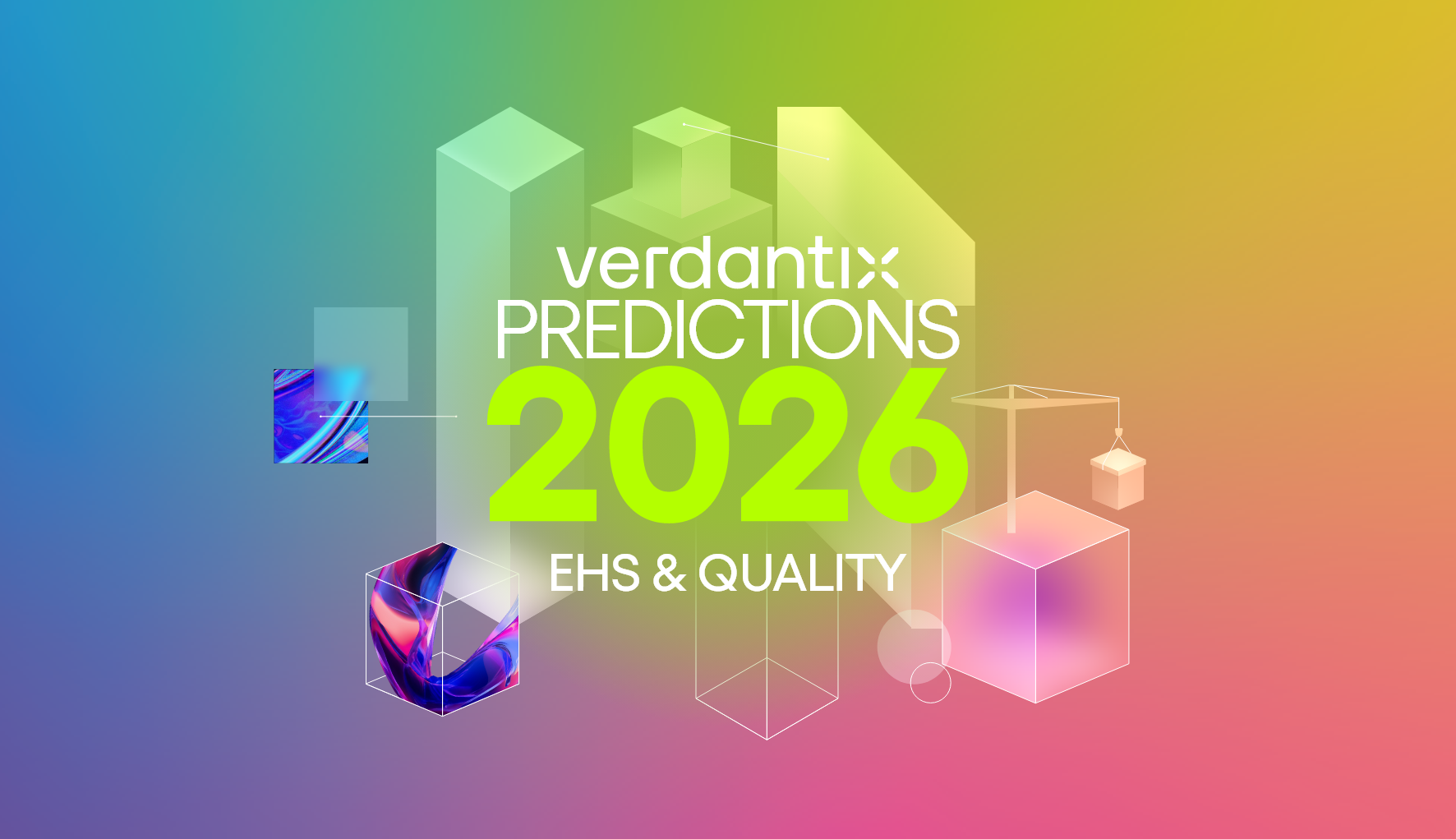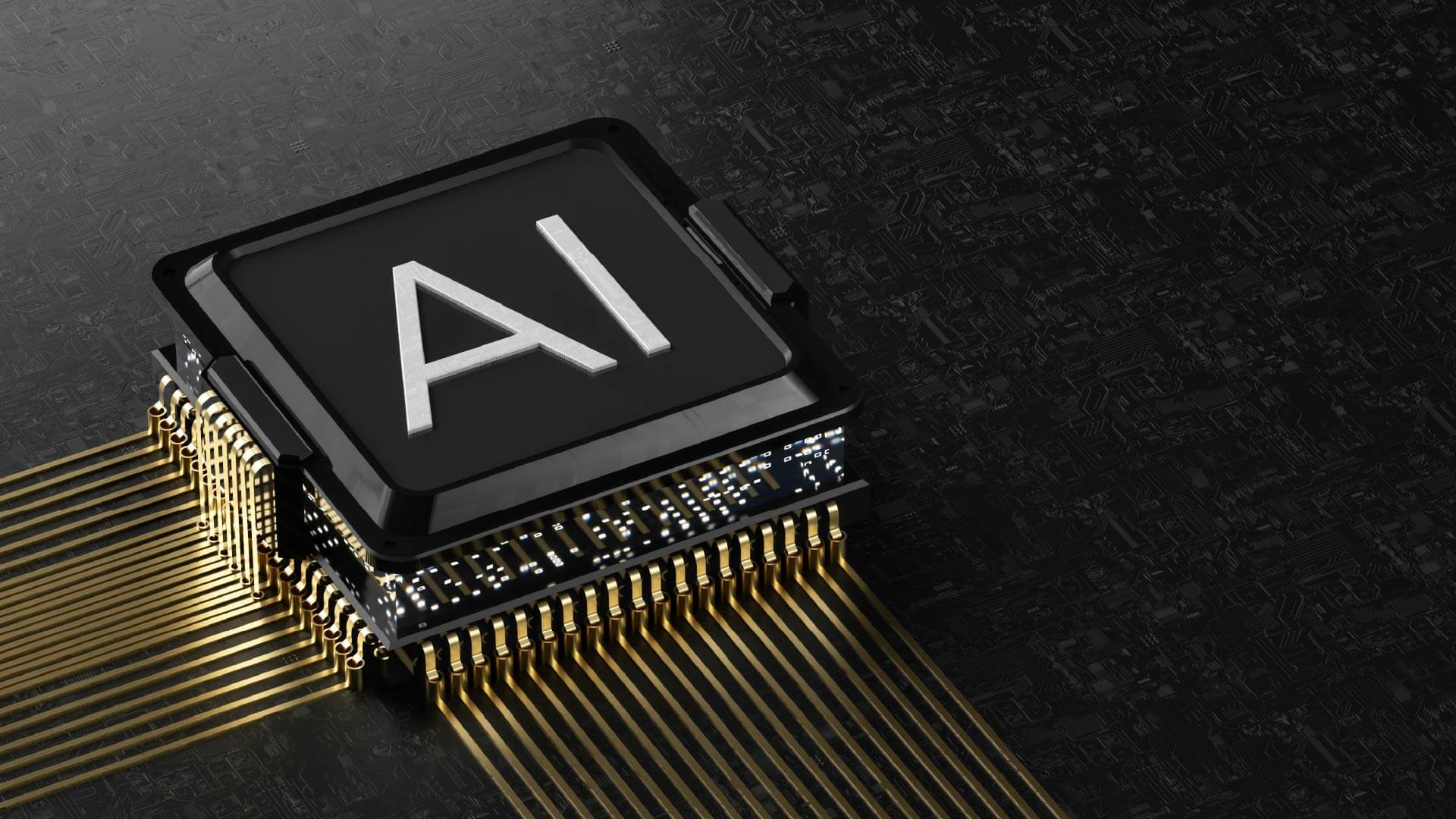MCP And The Future Of LLMs: A New Standard For Enterprise SaaS Integration
In late November 2024, Amazon-backed AI safety and model developer Anthropic announced its Model Context Protocol (MCP). The MCP is an open standard that enables large language models (LLMs) to connect to disparate data sources and execute tools, all through a common protocol. Prior to its release, developers wanting to augment LLMs through tool integration needed to hardcode each protocol, resulting in a haze of differing APIs and plug-ins, and increasing the resource-intensive nature of AI agent building.
There have been previous attempts at LLM connection standard development – with OpenAI building its own, OpenAI API, in 2020 – but MCP is currently gaining momentum for a variety of reasons. Unlike OpenAI’s API, MCP supports multi-model integration and hosts the orchestration of the model calls, while enabling developers to remain vendor agnostic.
Although issues such as lack of remote server support for multi-tenant architectures and no authentication standard remain obstacles for enterprise implementation of MCP, many major players are moving ahead with the development of complementary technologies to enhance its capabilities, such as Google’s Agent2Agent protocol. Meanwhile, announcements of MCP compatibility across OpenAI’s product range – as well as from Microsoft for Copilot Studio, Cloudflare and Cursor – demonstrate the standard’s momentum and make it a technical development to watch. Developers are doing their part to encourage MCP’s global adoption as the standard by creating servers for applications like Google Drive, Slack and GitHub, exemplifying the excitement and perceived value this innovation brings.
What does this all mean for enterprise SaaS vendors? Verdantix expects the ability for vendor applications to easily plug into LLMs to lead to faster and more robust AI agent rollouts. In turn, SaaS vendors will benefit from greater applicability and the increased power that comes from wider integrations, improving context sharing between systems and allowing for more cross-system agent orchestration. The vendor-agnosticism permitted by MCP also enables SaaS vendors to update and integrate their service offerings without disruption to their client.
Meanwhile, reusable prompt templates and the ability of LLMs to connect to an array of sources easily through MCP improves the data that systems can leverage, enabling better model execution. Enterprise software firms can tap into specialist functionality from across customer software ecosystems, mitigating expensive R&D cycles or dilution. Finally, MCP has placed significant emphasis on safety and data security concerns: the announcement of an impending MCP registry indicates that the verification process of applications will become more robust in the future, making the standard safer for adoption.
Overall, MCP will enable SaaS vendors to pass over rich context blocks to LLMs to reason over, augmenting vendors’ applications and increasing their data capture, all while ensuring compliance through integration with external regulation and internal policies. Therefore, despite its long roadmap to enterprise applicability, enterprise software vendors should keep a close eye on MCP’s development and potentially disruptive impact. For more information on AI innovation and its implications for enterprise software vendors, visit the Verdantix AI Applied research page.
About The Author

Aleksander Milligan
Analyst




